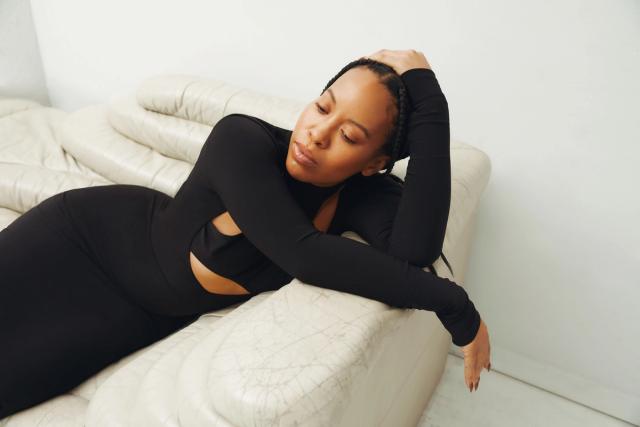

The 90’s Baywatch bombshell, who had more or less been deemed the Western world’s paradigm for the female physique for the greater part of a decade, has since transitioned into a memoirist and a poet, and even dismissed the notions of styling and getting glammed up for her recent appearances at Paris Fashion Week. It wasn’t a political stance. When a French Vogue camera crew came to document the sunny blonde “getting ready” in her hotel room before the Vivienne Westwood show, Anderson, a beauty muse to her generation, simply wanted to be herself: “I feel like it’s freedom. It’s like a relief,” she said. Moments later, without a single swipe of makeup—simply a layer of moisturizer—Anderson casually tossed on a big floppy hat, and off she went, managing to attract the attention of what seemed like every camera in Paris that day.
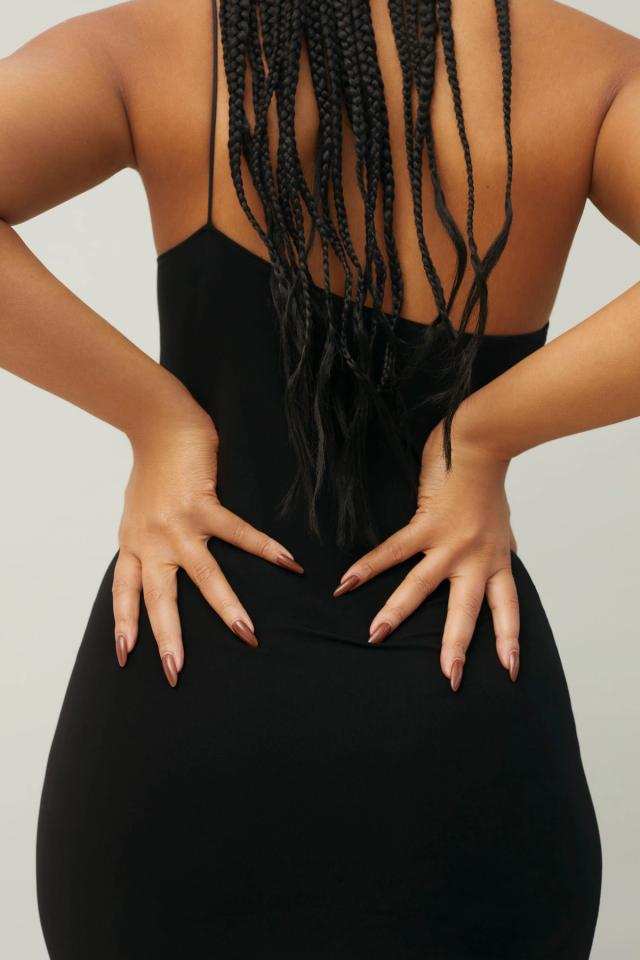
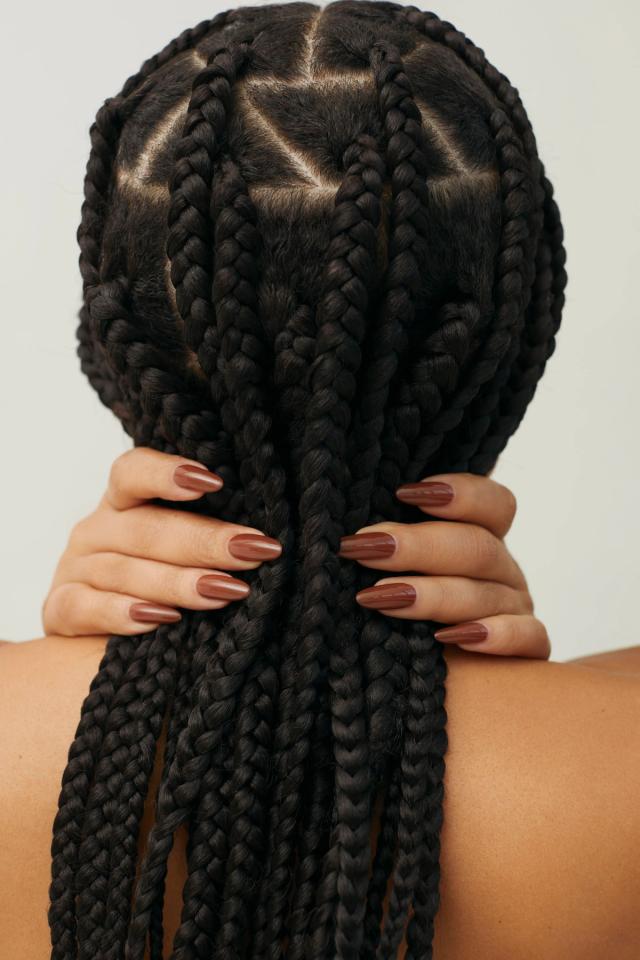
When Pamela Anderson recently declared that she was no longer interested in being the prettiest girl in the room, I think we all, collectively, breathed a sigh of relief.
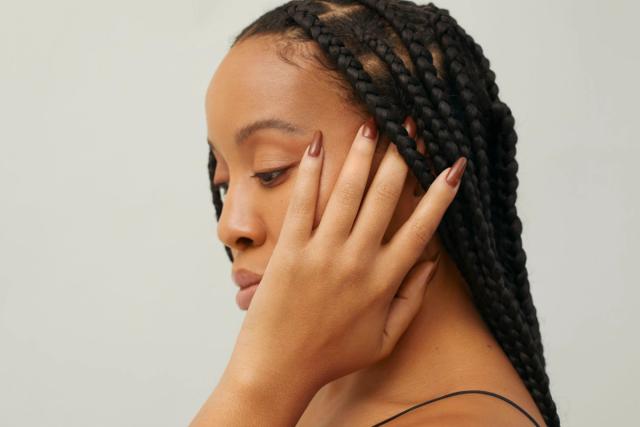
I’ll admit that when I was asked to write about beauty, I felt like Anderson: quite tired of fretting over its meaning. What was there left to say that hadn’t already been said? I’ve spent much of my life and career as a writer discussing my own fraught relationship with the reflection I saw in the mirror, and I had finally arrived upon a proverbial clearing. I was in my physical prime at 40, feeling more attractive and stronger than ever. Sure, I still hated my crooked toes and my thinned-out eyebrows, but these are the types of no-one-even-notices *flaws* that only we tend to see in ourselves. I always thought beauty had eluded me, and now I was in possession of it—and it didn’t make me a narcissist to admit that. I recognized and even relished in my own beauty, but I didn’t want to be defined by it. I know, of course, that many—maybe even most—women are, though.
It’s no fault of our own. From the moment we leave the womb, our value as girls and future women, seems weighted according to notions of how beautiful we’ll be one day. Beauty is power and privilege, and like everything rarefied in our society, is extolled to a lucky few. Or so we’re told.
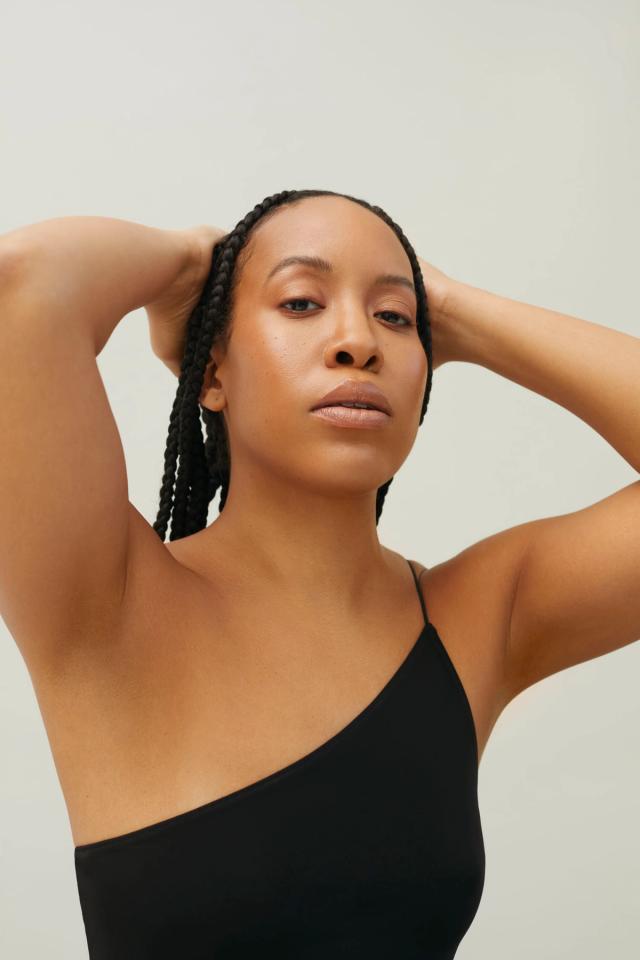
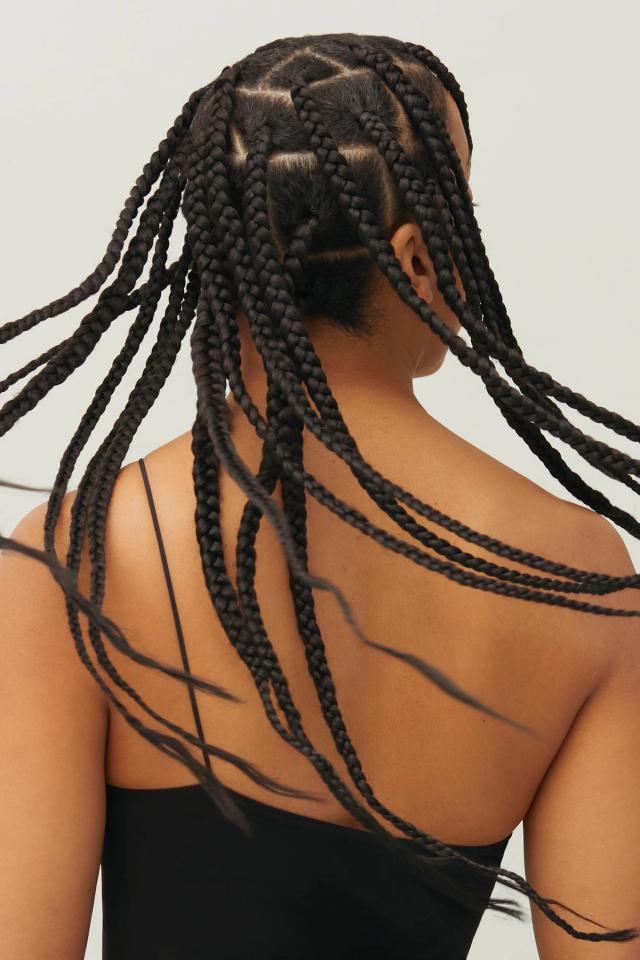
Throughout most of my formative years, I had grown up in all-white spaces where my beauty was either discounted or ignored. As the kids would say today, I did not possess “main character energy.” To my classmates or neighbors, I was invisibilized as a “cute” or “sassy” companion, but never a fixture of desire or aspiration. No one told me outright, but I tacitly understood that because of my features and the color of my skin, I had been relegated to a supporting role. I did not fit the myopic, exclusionary standards of beauty that propped up other girls and women who looked nothing like me.
I would watch these white peers of mine wield their power with impunity. How wild it was to leave everyone—teachers, authority figures, unsuspecting love interests—wanting for more, simply due to porcelain skin, or a freckled, turned-up nose. Later in life, I would question whether these supposed sirens were considered beautiful for their unique features, or simply for being white.
My family would constantly pour affirmations into me that I wasn’t hearing in my immediate environment. My aunties alone would remark on my shape, the curl of my hair, and how well I could pull myself together. Looking back now, I wish I had been able to really receive that praise at the time, but instead, I had convinced myself that because they were family, they had no choice but to say those things. And besides, my aunties’ best efforts were often no match for centuries of systemic oppression….
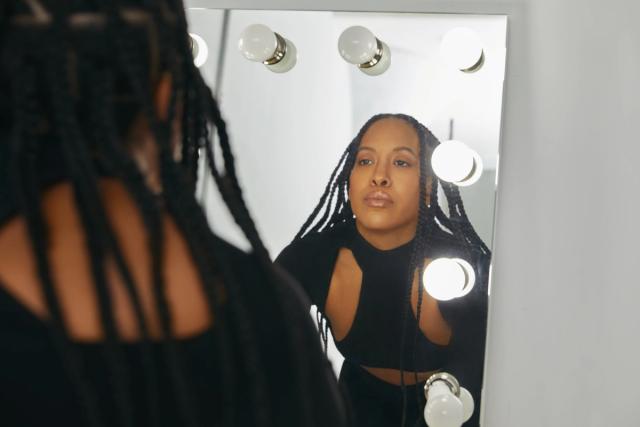
Something I remember vividly, though, is that most adult figures in my life never called me “beautiful” but instead “pretty.” Has anyone ever unpacked the difference? Some might say they’re interchangeable, but they’re not! ‘Pretty’ always felt overly sweet and gentle and associated with the gendered norms and expectations from the Southern Black bible belt, where I was raised. But ‘beautiful’ felt unbridled and stunning. I wanted that label.
These days, I see Gen Z girlies on TikTok who happen to adore being called “pretty.” From what I’ve gleaned, they love the word because it denotes that you’re naturally beguiling–no filter, no enhancement needed.
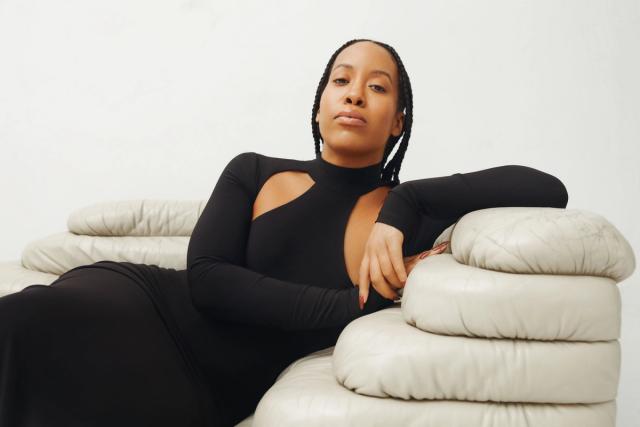
It wasn’t until I moved to New York in my 20s that I began to come into focus. There, I lived, worked, and studied amongst other Black and brown folks who reminded me of the vastness of our physical grace. My ideas of beauty expanded, as I realized then how limiting my gaze had been.
With all of the diaspora represented in the city’s never-ending neighborhoods and so much of the city’s foundation derived from Black culture, there were so many environments where I entered and felt seen, from the bodega to a dance floor to a ballroom.
“Ma’m! Ma’m! I don’t mean to bother you, but I just wanted to say, you look beautiful today.”
Street leering can be a gross and serious offense, but in New York, many men have somehow figured out a way to simply revere the sight of you. It’s their own brand of romanticism.
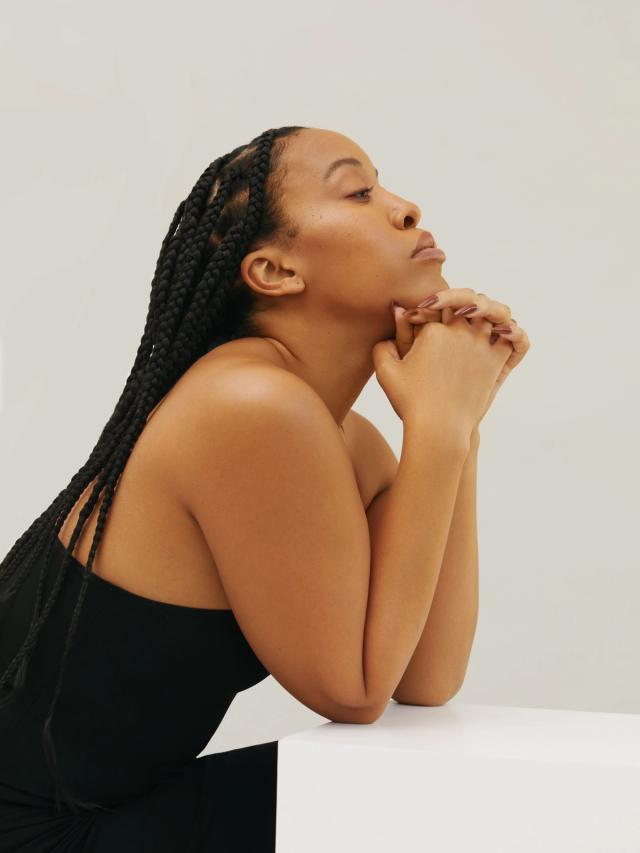
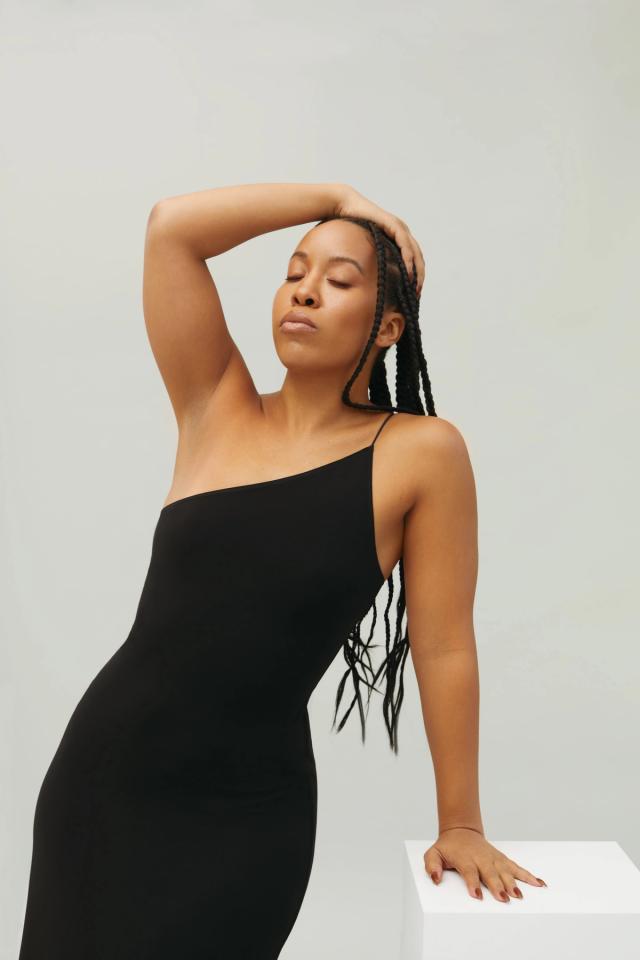
When I gained over thirty pounds (I would like to think in all the right places) during the COVID pandemic, I again found myself at odds with my external self. I vacillated between being enthralled by the changes to my physique (Was this my Rihanna-thick era?!), and being uncomfortable with the woman I was becoming. I didn’t realize how having worked in fashion for as long as I have, the industry’s preoccupation with size had been impressed upon me. When had I become so fixated on thinness? I thought as new curves swerved out from my hips and behind. Was it always such a personal virtue?
I fear it was perhaps impossible to avoid being even somewhat seduced by Anglicized ideals of body and weight in an industry such as this, despite my work focusing on identity and diversity. Still, I just wanted to be free of the mental slog and self-defeating prophecies that would keep me from openly embracing my body’s new era. I was like Anderson in that Paris hotel room…
Perhaps it’s why I force myself to wear my body–which is to say I try not to hide it. It’s the only way I will stop comparing or neglecting myself. Pour me into a gown or a swimsuit. Let me figure out which limb does what.
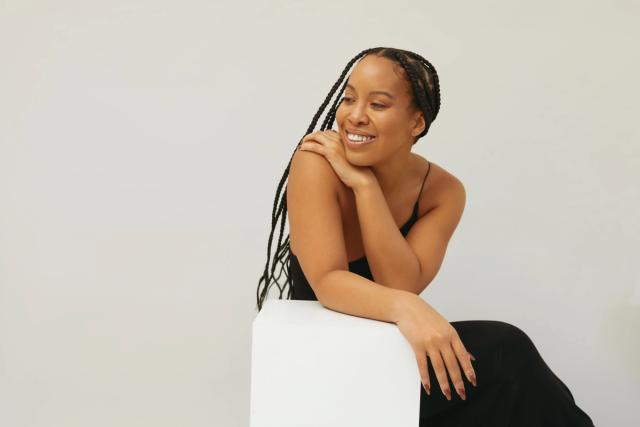
I’m no victim of my own beauty, though. I truly believe that aesthetics are meant to be indulged. I book regular facials, I’m fastidious about my manicures, and I change my hair nearly every month. Skipping my skincare routine is never going to happen. Weekly pilates classes make me stronger, and Botox is nothing to be ashamed of. I take care of myself, and I refuse to feel guilty for it.
It’s all a little too easily poetic to make women believe our value is based upon our physical appearance, and then to villainize us for reveling in it.